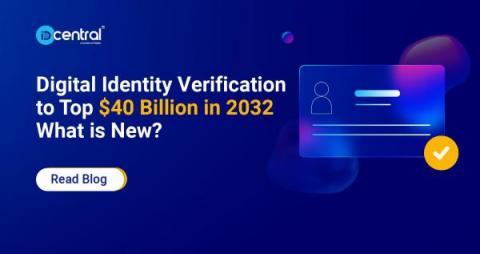How is AI bias contained in Identity Verification Solutions?
In the context of digital onboarding, demographic features such as ethnicity, age, gender, socioeconomic circumstances, and even camera/device quality might affect the software’s capacity to match one face to a database of faces i.e. AI Bias. The quality and resilience of the underlying database in various sorts of surveillance might feed bias in the AI models. Biometrics are used in modern face recognition software to map facial traits from an image or video.











